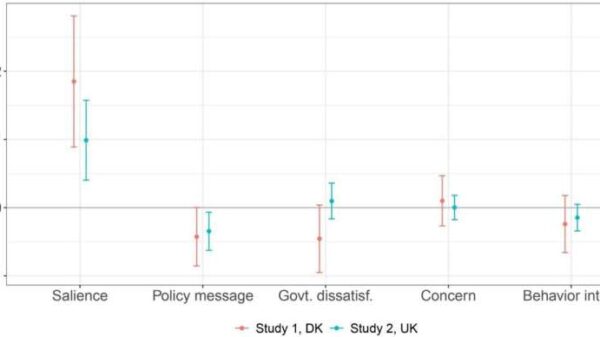Members of the Scottish Parliament have declined to impose restrictions on the proposed assisted suicide legislation, which is currently under consideration. The bill, introduced by Liam McArthur, aims to allow terminally ill adults in Scotland to lawfully request assistance from health professionals to end their lives. This decision marks a significant moment in the ongoing debate about assisted suicide within Western nations.
The legislative process has seen multiple attempts to amend the bill in order to address concerns about vulnerable populations, including young people and individuals with disabilities. Jeremy Balfour, a fellow member of the Scottish Parliament, proposed an amendment to exclude patients seeking assisted suicide for non-terminal conditions. This amendment aimed to protect individuals who might request assistance due to issues such as anorexia, loneliness, or financial hardship, as well as those with intellectual disabilities like Down’s Syndrome. Nevertheless, the committee rejected this proposal.
Balfour expressed his concerns regarding the current definition of terminal illness outlined in the proposed legislation. He argued that the current language is overly broad and could potentially encompass individuals who are not nearing the end of their lives. “As it stands, it could include individuals who would live not for weeks or months, but for years,” he stated. He highlighted the importance of ensuring that the bill adequately protects those who might be making decisions based on temporary or manageable conditions.
Another amendment, which sought to mandate that individuals pursuing assisted suicide have comprehensive palliative support plans in place, also faced rejection. This measure aimed to ensure that all options had been thoroughly explored before a request for assisted suicide was granted. Advocates of this amendment argued it would encourage a more thoughtful consideration of end-of-life choices.
Assisted suicide laws have been gaining ground in various countries across the globe. In Canada, for example, the practice accounted for more than 15,000 deaths in 2023, representing approximately 4.7 percent of total deaths in the country, as reported by the BBC. Other nations such as Australia, New Zealand, Spain, and Austria have also legalized assisted suicide, reflecting a broader trend in Western legislation.
The ongoing discussion around assisted suicide is increasingly influenced by changing societal views on life and death. Many observers suggest that a decline in religious adherence, particularly Christian beliefs that emphasize the sanctity of life from conception to natural death, may be contributing to the shifting attitudes toward assisted suicide.
As the Scottish Parliament continues to deliberate this complex and sensitive issue, the implications of their decisions will likely resonate beyond Scotland, impacting the broader conversation around assisted suicide in Western democracies. The legislation remains a pivotal focal point for discussions about ethics, medical practice, and individual rights in end-of-life care.




































































